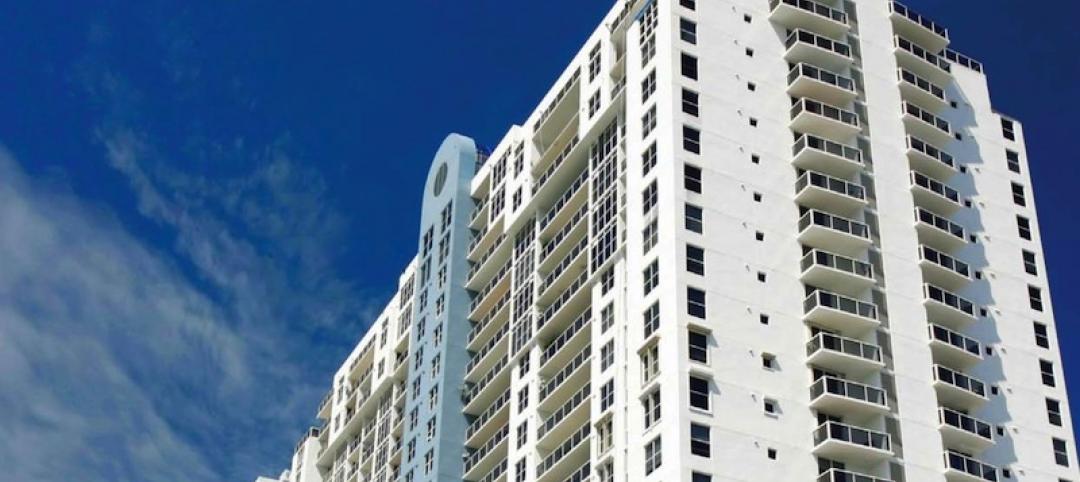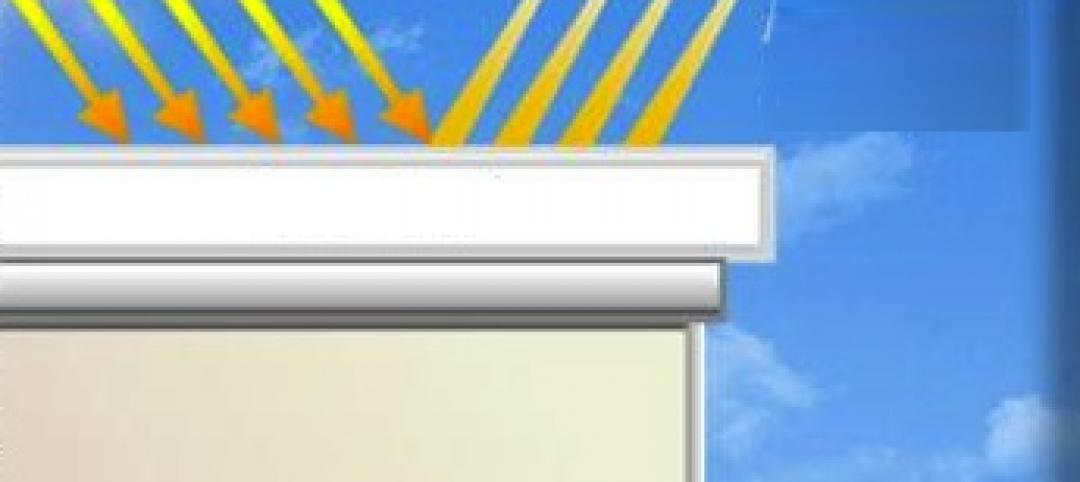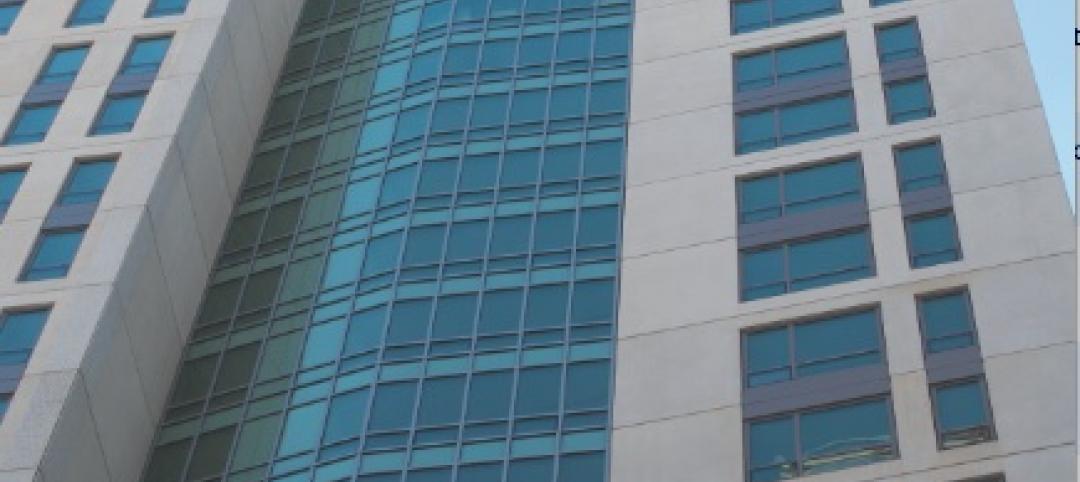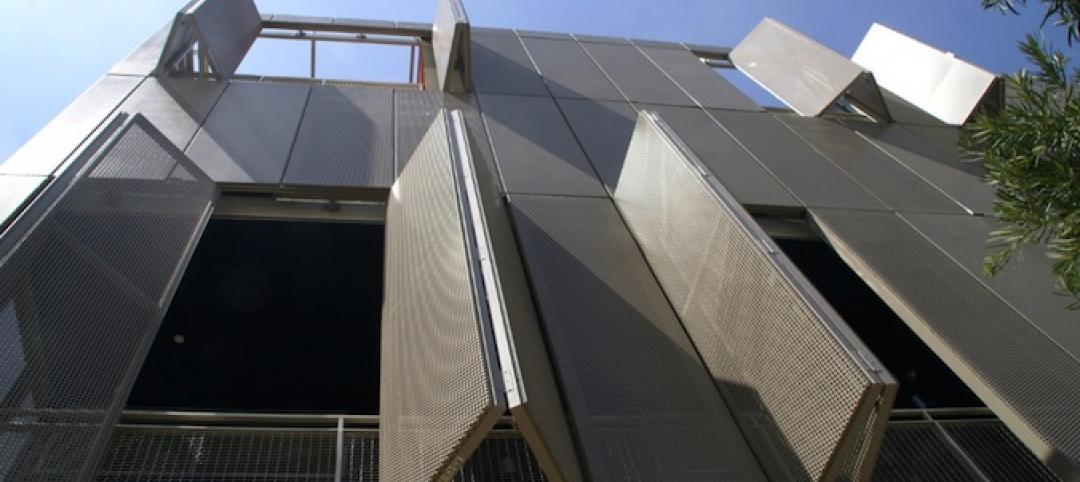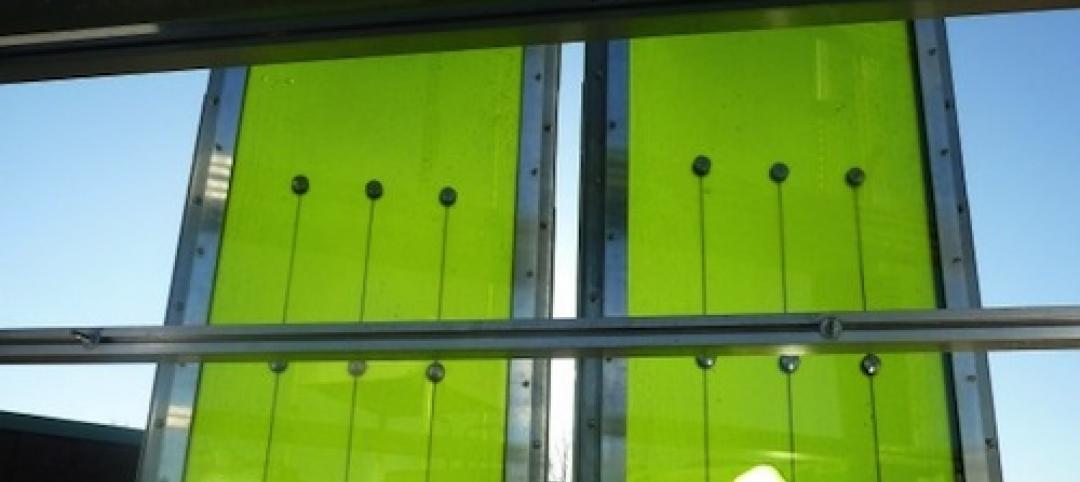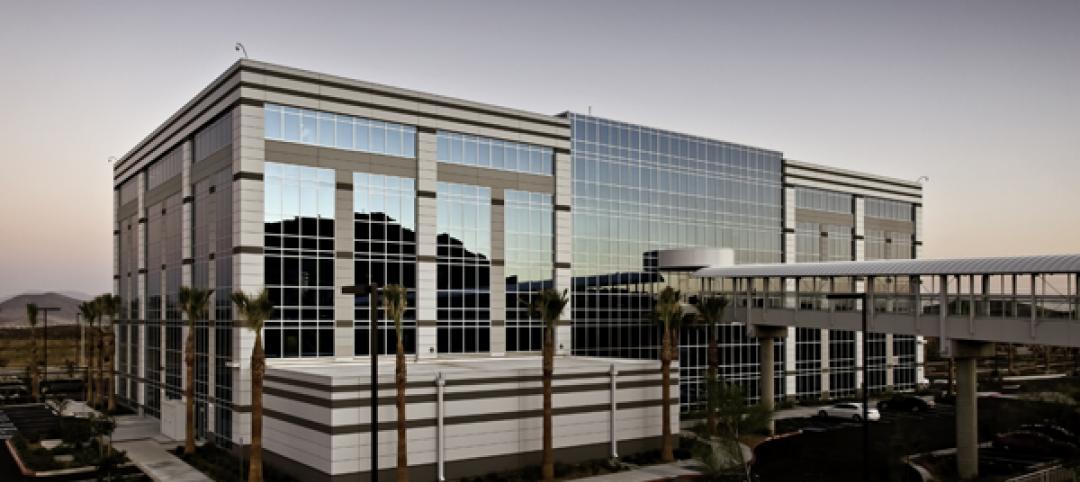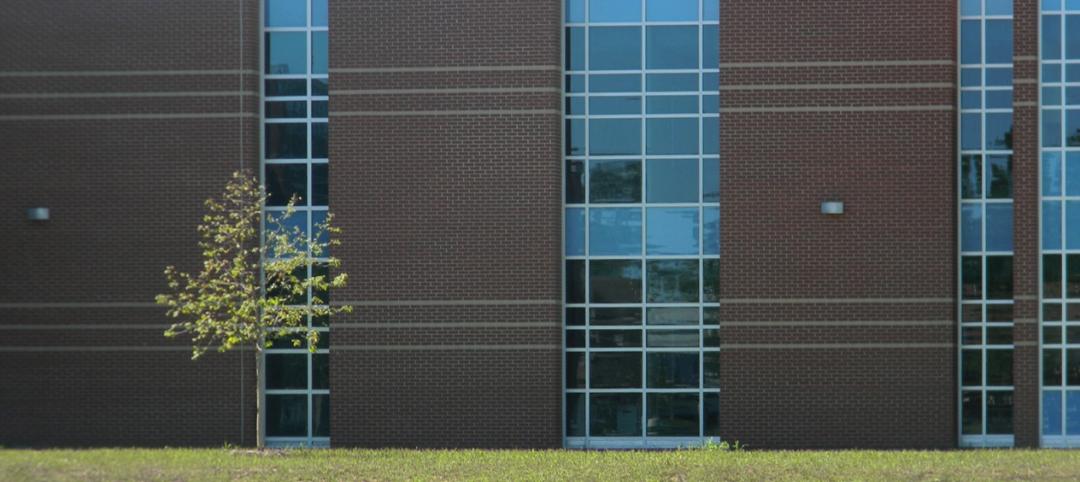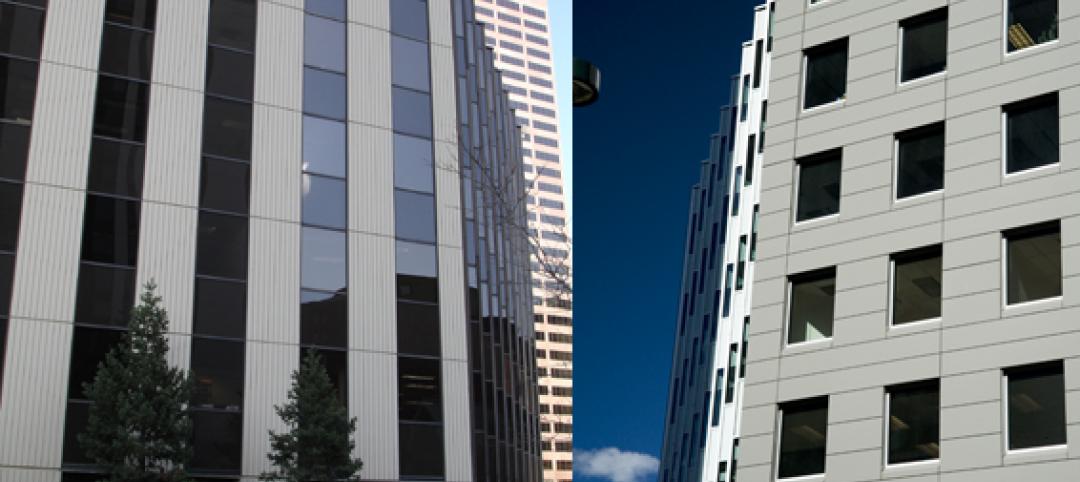Exterior insulation and finish systems, or EIFS, are proprietary wall cladding assemblies that combine rigid insulation board with a water-resistant exterior coating. EIFS are popular chiefly for their low cost and high insulating values, and they are used in a range of construction types, from hotels to office parks to multifamily housing.
Unlike traditional stucco, which is composed of inorganic cement-bonded sand and water, EIFS uses organic polymeric finishes reinforced with glass mesh. As an energy-efficient, economical wall covering, EIFS can be effective for both new construction and recladding applications.
However, successful use of EIFS is highly dependent on proper design and sound construction practices. Without correct design and detailing, EIFS wall systems have been known to fail dramatically.
This course discusses the six elements of an EIFS wall assembly; common EIFS failures and how to prevent them; and EIFS and sustainability.
After reading this article, you should be able to:
• Describe the components of a typical Exterior Insulation and Finish System (EIFS) and differentiate among the classes of EIFS in terms of materials, properties, and usage, so as to evaluate existing systems and specify EIFS for new construction.
• Identify signs of distress in EIFS wall systems and associated sealant joints, flashings, and accessories, applying principles of EIFS construction to deducing the underlying causes of premature failure.
• Apply green building codes and standards to the design and specification of EIFS, implementing updated energy code requirements for continuous exterior insulation, so as to meet or exceed standards for building envelope thermal regulation and moisture control.
• Implement maintenance and repair practices to address staining, impact damage, punctures, cracks, and other signs of injury, using appropriate strategies that comply with industry standards, manufacturers’ requirements, aesthetic goals, and the client’s restoration objectives.
Take this AIA CES Discovery course at BDCUniversity.com
Related Stories
| Apr 3, 2013
AIA CES class: Sealant repairs that last – hybrid sealants for building restoration
It is hard to talk about restoration without talking about sustainability. This two-hour interactive online course discusses the role that restoration can and does play in the arena of sustainability, and specifically the role that sealants play in sustainable design and repair.
| Mar 29, 2013
Stanford researchers develop nanophotonic panel that reflects sun's heat out of the atmosphere
Researchers at Stanford University have developed a nanophotonic material that not only reflects sunlight, but actually beams the thermal energy out of the earth's atmosphere.
| Mar 23, 2013
Fire resistive curtain wall helps mixed-use residential building meet property line requirements
The majority of fire rated glazing applications occur inside the building in order to allow occupants to exit the building safely or provide an area of refuge during a fire. But what happens when the threat of fire comes from the outside? This was the case for The Kensington, a mixed-use residential building in Boston.
Building Enclosure Systems | Mar 13, 2013
5 novel architectural applications for metal mesh screen systems
From folding façades to colorful LED displays, these fantastical projects show off the architectural possibilities of wire mesh and perforated metal panel technology.
| Mar 6, 2013
German demonstration building features algae-powered façade
Exterior of carbon-neutral demonstration building consists of hollow glass panels containing micro-algae "farms."
| Oct 24, 2012
Loma Linda University Medical Center lets light in with metal wall systems
Designers for the building aimed to create a positive environment for patients and visitors, and wanted to let in as much natural daylight as possible.
| Oct 22, 2012
Two-Hour Curtain Wall Lets Light In and Keeps Fire Out at Prairie Hills Junior High School
New school’s south-facing elevation features a glazed aluminum curtain wall that incorporates PPG Solarblue and PPG Solarban 60 glazing.
| Oct 17, 2012
Denver office building makes use of single-component wall system for retrofit
The Building Team selected Centria's Formawall Dimension Series to help achieve the retrofit project's goals of improved aesthetics, sustainability, and energy efficiency.



